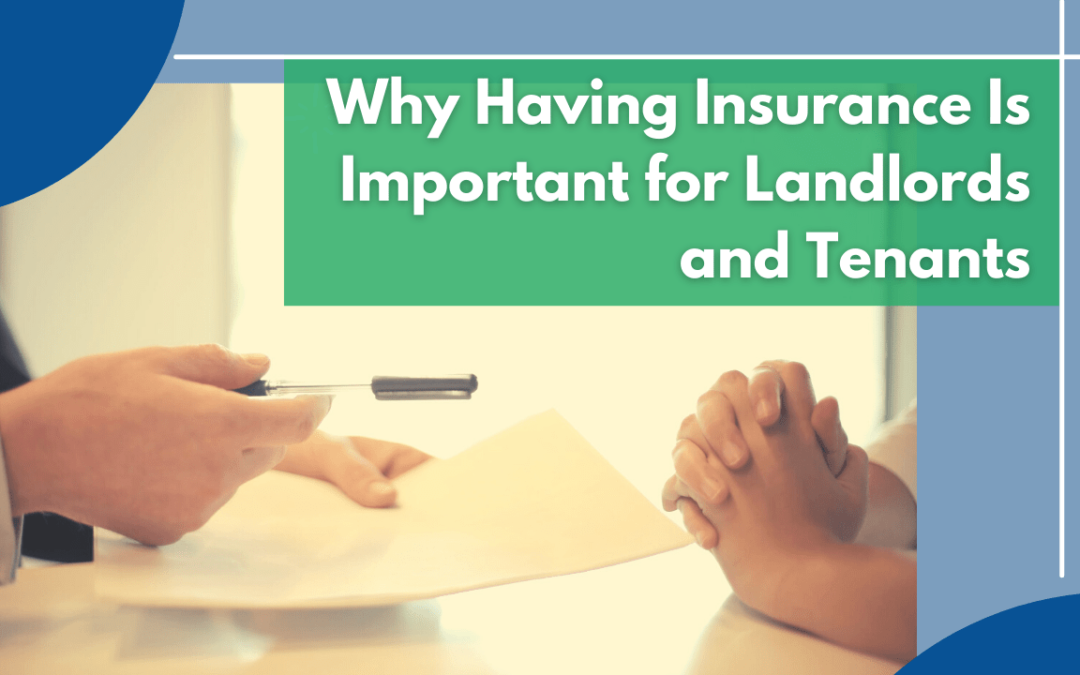As a Dallas-Fort Worth (DFW) landlord, you’re required to provide a safe and habitable home for your tenants. You also have an obligation to protect your investment and your own financial security. A robust insurance policy can help you do this.
Today, we’re talking about the importance of DFW insurance requirements and reviewing some of the coverage you want to make sure you have.
Landlord Insurance vs. Homeowner’s Insurance
The main difference between your landlord insurance policy and the homeowner’s insurance policy is that your landlord policy covers the structure of the home and the costs to repair and replace it. However, it doesn’t cover any personal belongings that aren’t yours. When you live in a home, your insurance covers the structure and all your belongings. But, with a landlord policy, your home is covered, but not the tenant’s personal items.
Require Renter’s Insurance from Dallas-FortWorth Tenants
The lack of coverage for your tenants’ possessions is why renter’s insurance is so important. We strongly encourage you to require your tenants to have it. Explain to them why your own policy won’t cover the repair or replacement of their personal belongings.
Not only will tenants have their own belongings, covered, they’ll also gain some extra liability protection with a renter’s insurance policy. If your tenant starts a fire by leaving a stove on, their insurance will cover the claim before your policy is used. It’s very inexpensive and a good way to keep the value of their belongings safe. Require it in your lease agreement and ask to see proof of coverage.
Landlord Insurance and Liability
A good landlord insurance policy will also have higher liability coverage than your average homeowner’s policy. This is an important part of your insurance package because anything can happen when tenants are living in your property. Talk to your insurance agent about the required or recommended liability limits. If something happens and you’re sued, you want to be protected.
Loss of Rent Coverage

Additional protections are always available when you’re buying insurance for your rental property, and you should consider them carefully. Many landlords are increasing their protection against floods, bed bugs, and other potential perils you may not have thought about.
Many landlords don’t realize that insurance premiums are tax-deductible. This is good news and should encourage you to cover yourself completely. You don’t want to under-insure your most valuable investments. If you don’t have a reliable insurance agent, let us know and we can make some recommendations. Contact our team at Assign Property Management.


Recent Comments